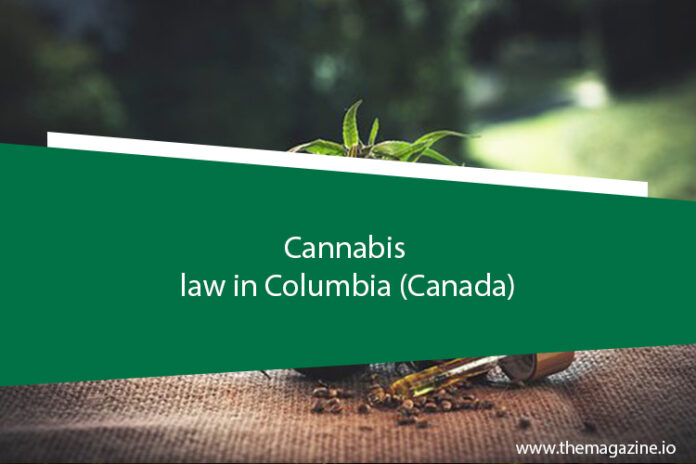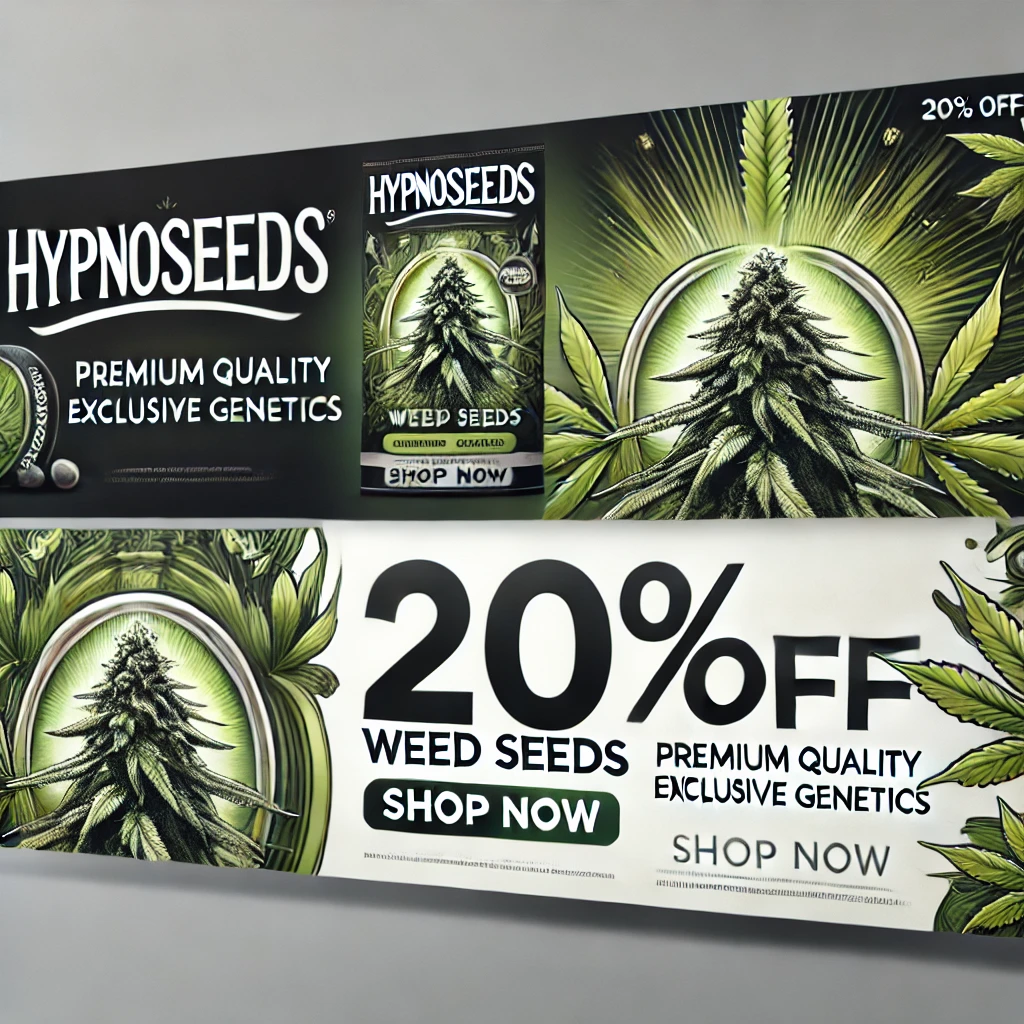Cannabis was legalized for recreational use in Canada in 2018, and the laws and regulations surrounding its sale, possession, and consumption vary by province. In British Columbia, the government has established a regulatory framework for cannabis that aims to prioritize public safety and health while reducing the illegal market.
One of the main regulatory bodies for cannabis in British Columbia is the Liquor and Cannabis Regulation Branch (LCRB), which oversees the licensing and monitoring of cannabis retail stores and cultivators. To obtain a license to operate a cannabis retail store or cultivation facility in British Columbia, applicants must undergo a rigorous screening process that includes background checks, financial assessments, and compliance with zoning and land-use regulations.
Under British Columbia law, individuals aged 19 and older are allowed to possess up to 30 grams of dried cannabis or the equivalent amount in other forms, such as edibles or concentrates. Smoking or vaping cannabis is prohibited in public places, including parks, beaches, and sidewalks. However, smoking or vaping cannabis is allowed in private residences or designated areas that are not accessible to the public, such as a backyard.
Cannabis consumption is also prohibited in vehicles, and driving under the influence of cannabis is illegal. The government has implemented strict penalties for driving under the influence, including fines, license suspensions, and even imprisonment in severe cases.
In terms of cannabis sales, the government has established a hybrid system that allows both private and government-run retail stores to sell cannabis. Private retail stores are regulated by the LCRB and must comply with strict regulations around location, security, and inventory management. Government-run stores, known as BC Cannabis Stores, also sell cannabis products and prioritize responsible sales and education for consumers.
Cannabis products sold in British Columbia must meet strict quality and safety standards, including testing for contaminants such as pesticides and mold. Retail stores are required to display clear and accurate product information, including potency and dosage information, to help consumers make informed decisions.
In addition to retail sales, British Columbia has also established an online platform, the BC Cannabis Store, where consumers can purchase cannabis products for delivery to their homes. The online platform offers a wide range of products, including dried cannabis, edibles, concentrates, and accessories.
Overall, the cannabis laws in British Columbia prioritize public safety and health while allowing for responsible access to cannabis for adults. The regulatory framework ensures that retail stores and cultivators operate in a safe and transparent manner, and consumers have access to high-quality and accurately labeled cannabis products. While there are still some challenges, such as reducing the illegal market and educating consumers about responsible cannabis use, British Columbia’s approach to cannabis regulation is a model for other provinces and countries to follow.



